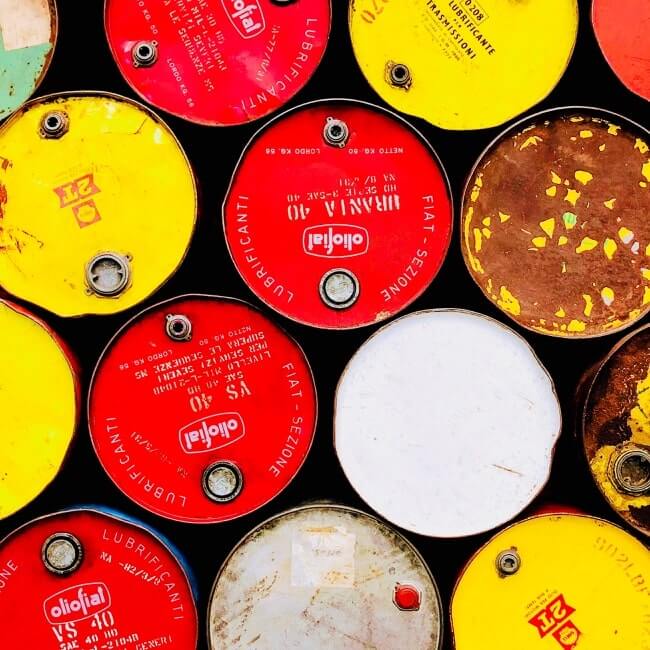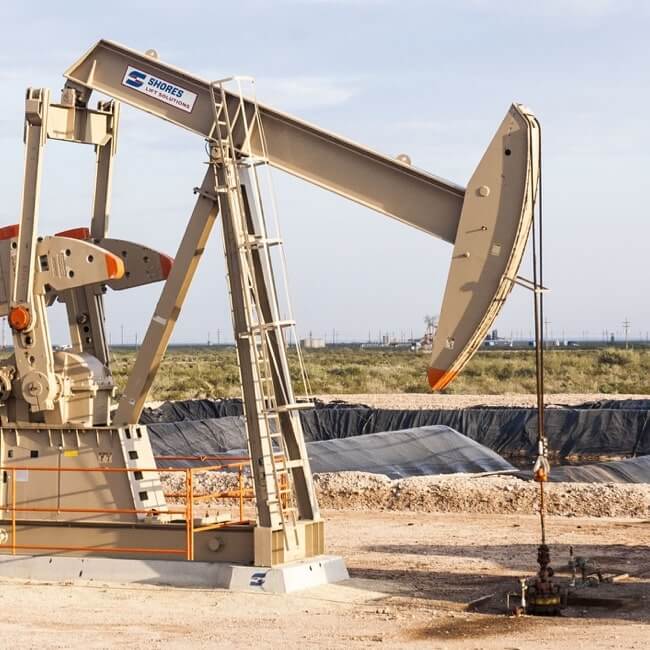'There's no way Argentina will recover self-sufficiency in the next 10 years'

Argentina produces about 97Mm3/d of natural gas, versus consumption of about 129Mm3/d, according to an April report by Latin American oil, gas and biofuels association Arpel.
To make up the deficit, Argentina imports piped gas from Bolivia and LNG via the Escobar and Bahía Blanca terminals on the Atlantic coast.
This year, Argentina also began importing regasified LNG from Chile via existing pipelines, and is in talks with Uruguay to work out a similar deal.
BNamericas spoke to Bolivia's former hydrocarbons minister, Alvaro Ríos, about how and when Argentina will be able to shrink the gap between output and consumption, in order to reduce costly LNG imports.
Ríos, who is the managing partner of consultancy firm Gas Energy Latin America and software platform Drillinginfo, will speak at BNamericas' 6th LatAm Power Generation Summit, to be held August 10-11 in Santiago, Chile.
BNamericas: Argentina has had to diversify its natural gas sources of late, and has even begun importing regasified LNG from Chile. Do you think this trend will continue?
Ríos: The current situation is structural, and will continue over the medium to long term. Argentina won't be able to recover its domestic gas production [to necessary levels] during the next seven to 10 years. The current administration understands this reality, and understands that exploration takes time.
Therefore, it's expected that Argentina will have diverse sources of supply. These sources include gas produced locally, as well as LNG from Chile and Uruguay, as well as [piped gas] from Bolivia, in order to avoid supply shortages for Argentina's industrial consumers and citizens.
If they don't import LNG, there's no other source of natural gas.
BNamericas: What's the outlook for imports of Bolivian gas to Argentina?
Ríos: What we've seen in the last three months is that when Brazil receives the maximum amount of gas allowed under its supply contract with Bolivia, it does so at the expense of Argentina. The order of preference for Bolivia is its own internal market, followed by Brazil, with whatever is left over going to Argentina.
Argentina knows that as long as Brazil takes priority, anything that happens in Bolivia to affect supply – including [oilfield] maintenance or increased internal demand – will be reflected directly in the Argentine market. Argentina needs much more gas than what's provided under its contract with Bolivia.
BNamericas: Do you think that wellhead price incentives for natural gas producers under [President Mauricio] Macri will be enough to attract the needed investment in E&P?
Ríos: Looking beyond the next 10 years, I think that if Argentina continues with the model of attracting investment through measures such as price incentives, the liberation of the exchange rate, resolving the dispute with the holdouts... and if there is trust that Argentina will respect [the rules] on the table, I think there's a shale gas resource, as well as conventional gas there that's very interesting. It's a resource with infrastructure, with a market, and which is much cheaper than importing LNG.
I think the majority of gas producers see it the same way. But I would say that for the next 10 years, LNG [imported via Argentina's two existing terminals] will continue to be vital for Argentina, as will be gas imported from Bolivia and LNG from Uruguay.
There's no way Argentina will recover [energy] self-sufficiency in the next 10 years, and it could be longer if the investments don't arrive.
BNamericas: Do you think development of shale and tight gas will be enough to offset declining conventional production?
Ríos: I think that the price incentives for shale gas production are sufficient to [foment] exploration. I think what's lacking right now is a clear vision for social and political stability in Argentina. We don't know whether Macri's government will be able to truly stabilize investment flows.
Right now, for example, there are protests about the lifting of energy subsidies. If this situation isn't resolved in the next three to five years, and if we don't see multi-billion dollar investments in natural gas from the Vaca Muerta shale, then LNG imports will continue to grow.
And this problem isn't unique to Argentina. Brazil has significant gas reserves, but an exploratory deficit. The same is true of Bolivia and Chile. The Southern Cone in general has a large exploratory deficit. Until we see massive investments in exploration, LNG will continue arriving to the region.
Subscribe to the leading business intelligence platform in Latin America with different tools for Providers, Contractors, Operators, Government, Legal, Financial and Insurance industries.
News in: Petrochemicals (Brazil)

Bolivia opens a gigantic fertilizer export market with Brazil
The presidents of both countries will work together to guarantee energy and food security in the region

Ministers of Bolivia and Brazil expand cooperation in the energy field
"I think we are at the right time to activate projects and take advantage of all current opportunities and challenges"
Subscribe to Latin America’s most trusted business intelligence platform.
Other projects
Get key information on thousands of projects in Latin America, from current stage, to capex, related companies, key contacts and more.
- Project: Vreed-en-Hoop Port
- Current stage:

- Updated:
4 days ago
- Project: Panama - David - Frontera train
- Current stage:

- Updated:
4 days ago
- Project: Rincón de Aranda Block
- Current stage:

- Updated:
4 days ago
- Project: Tikuna F2, S5 solar park (Tikuna solar complex)
- Current stage:

- Updated:
4 days ago
- Project: Drinking Water System for the North Area of Asunción
- Current stage:

- Updated:
4 days ago
- Project: Tikuna F2, S4 solar park (Tikuna solar complex)
- Current stage:

- Updated:
4 days ago
- Project: Tikuna F2, S3 solar park (Tikuna solar complex)
- Current stage:

- Updated:
4 days ago
- Project: Tikuna F2, S2 solar park (Tikuna solar complex)
- Current stage:

- Updated:
4 days ago
- Project: Expansion and Modernization of the Passenger Terminal of the Puerto Iguazú Airport
- Current stage:

- Updated:
4 days ago
- Project: Pueblo Viejo Expansion
- Current stage:

- Updated:
4 days ago
Other companies in: Petrochemicals (Brazil)
Get critical information about thousands of Petrochemicals companies in Latin America: their projects, contacts, shareholders, related news and more.
- Company: Tres Tentos Agroindustrial S.A. (3tentos)
-
The description contained in this profile was taken directly from an official source and has not been edited or modified by BNamericas researchers, but may have been automatical...
- Company: Lwart Soluções Ambientais S.A. (Lwart Soluções Ambientais)
-
The description contained in this profile was taken directly from an official source and has not been edited or modified by BNamericas researchers, but may have been automatical...
- Company: Infotec Brasil Consultoria E Planejamento Ltda. (Infotec Brasil)
-
The description contained in this profile was taken directly from an official source and has not been edited or modified by BNamericas researchers, but may have been automatical...
- Company: Eldorado Brasil Celulose S.A. (Eldorado Brasil)
-
The description included in this profile was taken directly from an official source and has not been modified or edited by the BNamericas’ researchers. However, it may have been...
- Company: Oxbow Brasil
- Company: Pollux, Part of Accenture (Pollux)
-
The description contained in this profile was taken directly from an official source and has not been edited or modified by BNamericas researchers, but may have been automatical...
- Company: Petrocoque S.A. (Petrocoque)
-
The description contained in this profile was taken directly from an official source and has not been edited or modified by BNamericas researchers, but may have been automatical...
- Company: Mosaic Fertilizantes do Brasil Ltda. (Mosaic Brasil)
-
The description included in this profile was taken directly from an official source and has not been modified or edited by the BNamericas’ researchers. However, it may have been...
- Company: Topsoe do Brasil Tecnologia e Serviços em Catalisadores Eireli
-
The description included in this profile was taken directly from an official source and has not been modified or edited by the BNamericas’ researchers. However, it may have been...





